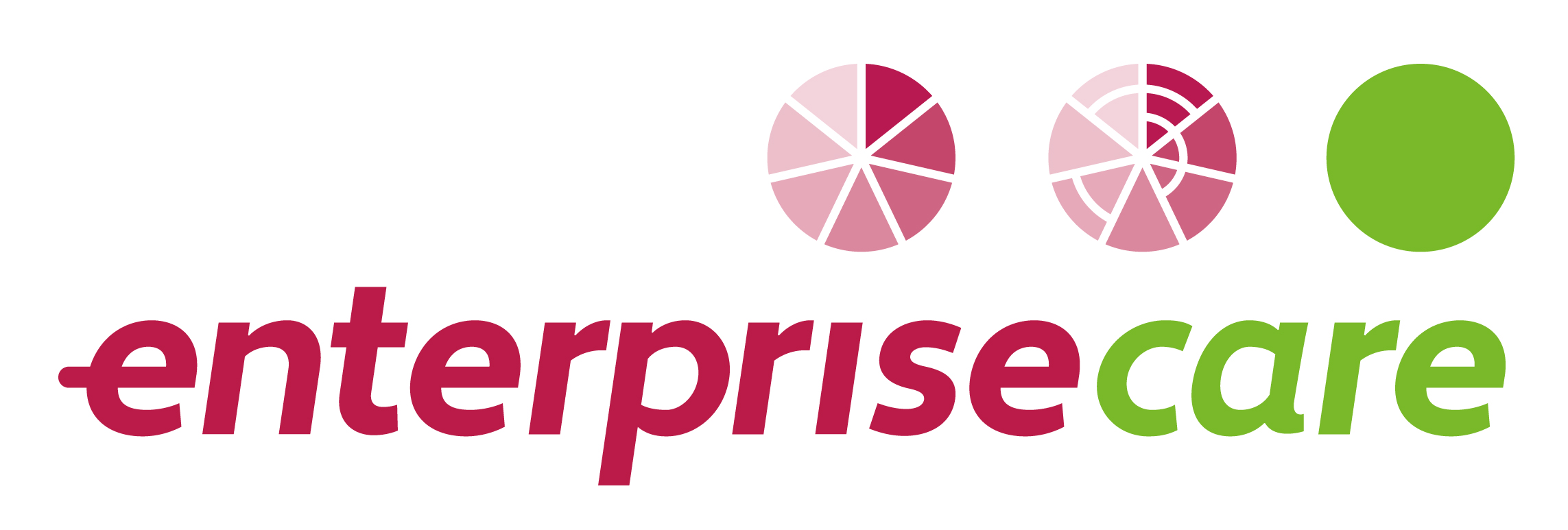Is Your Board Effective?
An Untapped Potential
Is your board operating at less than its full potential and how might this show?
There may be many activities that feed into a board, causing it to operate at less than an effective level, those factors may include:
- lack of clarity about the director and/or board roles
- under preparation for meeting from information overload
- issues being backward rather than forward looking
- inappropriate board composition
- poor alignment and reporting against the strategy
- ad hoc assessment of CEO performance
- lack of process to evaluate board performance
- opaque insights into risks, compliance, and regulatory matters
- inadequate professional development among board members
- lack of organisation performance benchmarking rigour.
The above are the more obvious and higher impact factors that can block or undermine the likely achievement of a board being effective in their governance pursuits.
Improving Your Board Performance
The chair and CEO relationship is the cornerstone to any high-level board performance.
It seems that without this relationship it is nigh impossible to seek to achieve some of the other key elements that contribute to a board’s effectiveness.
If there exists an open and transparent working relationship between the chair and the CEO, then it is important they work to achieving a strong alignment of the board and management’s business objectives.
With this in place, then the focus can turn to the dynamics around the figurative board table, especially with many board meetings being online. Included in this is the question of how robust discussions are as well as the quality of any discussions. Beware the tendency of many boards to drift into groupthink as this is such a natural outcome of directors becoming comfortable and complacent with their involvement.
Factors that can Improve Performance
Successful boards are biased towards:
- Forward looking perspectives –
what needs to be done to improve, and to advance, and to create more certainty and the organisation’s greater capability to ensure success. - Challenging the status quo –
the board culture ought to be one of nurturing independent thought, respectful probing questions, contrarian ideas, prepared to create robust discourse, and encourage directors in particular, but CEO & management as appropriate, to fully engage and share their insights, knowledge and expertise. - Evaluate performance –
leaders should be open to having their performance reviewed annually. Having an expectation that there is an annual review facilitates the focus on what matters and assists in the endeavour of maintaining the agreed levels of performance. - Nurture contribution –
it is helpful if there is, among the board members CEO and leadership team, a mutual expectation and support for each to contribute to their potential in the role that they are responsible for.
Common Mistakes Boards Make
Some of the common mistakes that boards continually fall into are:
- The board does not have a clear collective understanding of the organisation’s purpose, mission, and strategy. This can potentially undermine the setting of the board agenda, selection of subjects for discussion, and determining the best use of the board’s time.
- The board’s composition may move too slowly in addressing diversity, especially if its stakeholders have become more diverse and seek greater empathy and understanding of their circumstances.
- Directors need to always act in a manner that does not interfere with the operational aspects of the organisation. They assume an oversight role and need to be careful that they are not dipping into the operational areas and confusing how to offer value.
- Knowing the backgrounds, experience, knowledge and expertise of their colleagues will often mean that they can be more respectful when their colleague is speaking and more likely to listen with greater intent.
Characteristics of Effective Boards
Common characteristics shared among those boards that operate effectively can be summarised as follows:
—1. Board Culture
The board culture can affect how directors feel working with their colleagues and how open they are in discussions and their questioning or challenging when comments are made, or decisions are taken. This culture supports a sense of working together for the common good of the organisation. This culture will also encourage the CEO and staff to engage in a more open and transparent and robust manner thereby delivering quality outcomes which benefit the whole.
—2. Board Chair & CEO Relationship
The working relationship between the board chair and the organisation’s CEO is a critical one to achieve an effective board. Some CEOs and staff consider the board to be a nuisance. This is unfortunate as there is potential value in engaging with the board as an equal contributor in ensuring the organisation achieve its strategy successfully.
—3. Purpose & Principles
While financial, compliance and risk management are all important aspects of governance, an organisation’s purpose, values, and culture have also now become recognised as key components of governance. It is essential for the interests of each of the organisation’s stakeholders to be recognised and accommodated in the decisions of the Board.
—4. Board Chair
An above average chair who exercises effective leadership can directly enable the board itself to function more efficiently across all its responsibilities including improved decision-making. In addition, a good chair creates a mutually productive working environment for directors. The chair has the opportunity of making each director feel included, their contribution welcomed and respected and that they are fully supported in their role.
—5. Accountability
An important message to the organisation is made when the board along with each director holds themselves accountable in their monitoring/tracking of agreed performance outcomes achieved by the organisation over a 12-month period. The commitment and carrying out of a performance review of the board by measuring results against prior goals and expectations that had been agreed, contributes to improving a board’s effectiveness. This too will facilitate maintaining a good level of transparency and trust between all stakeholders and the board.
Key Insights
Bain & Company offers a good summary of what effective boards achieve, highlighting that those boards include a focus on sustained value and an awareness of how they can contribute to its creation, setting clear expectations for management and holding them accountable for performance, ensuring that they have the right composition and structure to support the approved strategy and goals, and maintaining a strong relationship with stakeholders. Similarly, Grant Thornton considers that effective boards meet regulatory requirements, keep the organisation accountable and offer sound strategic input. And the last word goes to OnStrategy Resources when commenting on strategy, but equally it seems applicable for a board to be effective, then there needs to be 4 key factors present:
- clarity
- alignment
- engagement and
- accountability.
A Final Message
Effective boards operate on the basis of having timely access to meaningful data that contributes to their decision-making. The effective board embraces the use of metrics, seeks openness and transparency, and is not afraid of being held accountable for the organisation’s performance.
DISCLAIMER: This article is general only in nature and is not advice.

